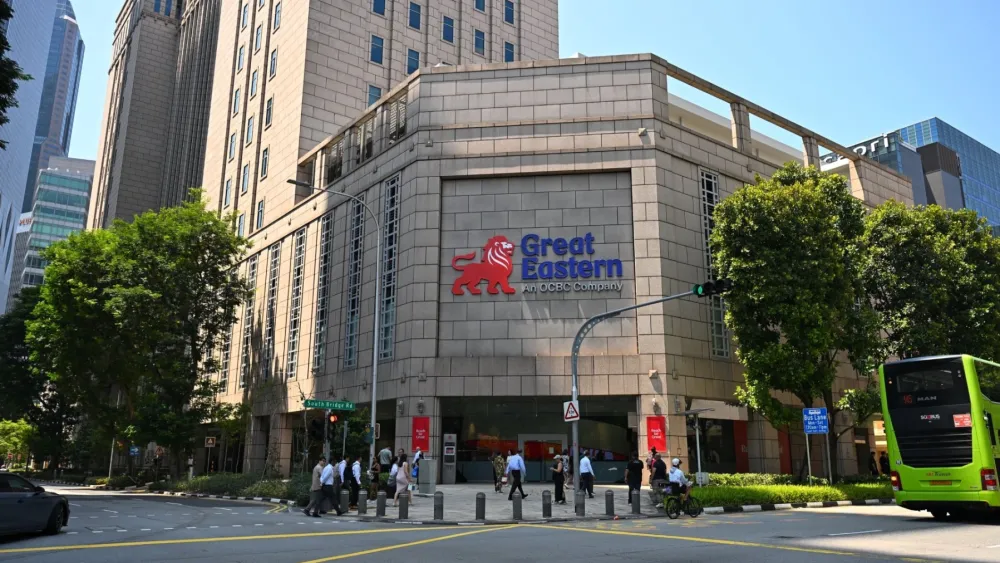
Complex insurance processes alienate tech-savvy users
About a third of Asian travellers purchase insurance only days before a trip.
Millennials and GenZs, who are exposed to higher travel risks, are looking for insurance that goes beyond traditional safety coverage. About 21% of respondents prefer less traditional travel insurance, with 34.1% wanting the insurance process to be enjoyable.
According to Klook Protect’s CEO, C.S. Soong, these travellers are tech-savvy and seek experiences filled with unpredictability, yet they find current insurance products outdated and inadequate for their needs.
It revealed that many travellers, particularly Singaporeans (30%), Hong Kongers (36%), Malaysians (37%) and Filipinos (36%), purchase insurance just days before their trips.
Additionally, 32% of respondents prefer seamless, easy-to-claim policies, underscoring the market's opportunity to innovate and simplify travel insurance, findings from Klook’s "Travel Troubles Beyond Lost Luggage 2024," showed..
Soong noted that adventure seekers often face difficulties finding suitable insurance and that the industry needs to address these gaps. Klook Protect aims to meet these evolving needs, offering smarter, experience-centric insurance solutions that cater to modern travellers.
Key factors discouraging the purchase of travel insurance include difficulties in making claims (25%), unclear coverage (22%), and overly complex processes (22%). Convenience and flexibility are crucial for Millennials and GenZs, with 75% preferring to book flights, accommodation, and insurance in one place.
The study found that 48% of travellers under 35 prefer adventure travel, which exposes them to higher risks, such as extreme sports and off-the-beaten-path destinations.
Additionally, 46% of respondents take leisure trips at least once every three months, often opting for budget travel that may involve lower safety standards.
Emerging risks like ride-share scams and misrepresented accommodations are also driving demand for better protection.
The study surveyed 2,500 respondents in February 2024 across five Asian markets—Singapore, Malaysia, the Philippines, Hong Kong, and South Korea.



















 Advertise
Advertise






